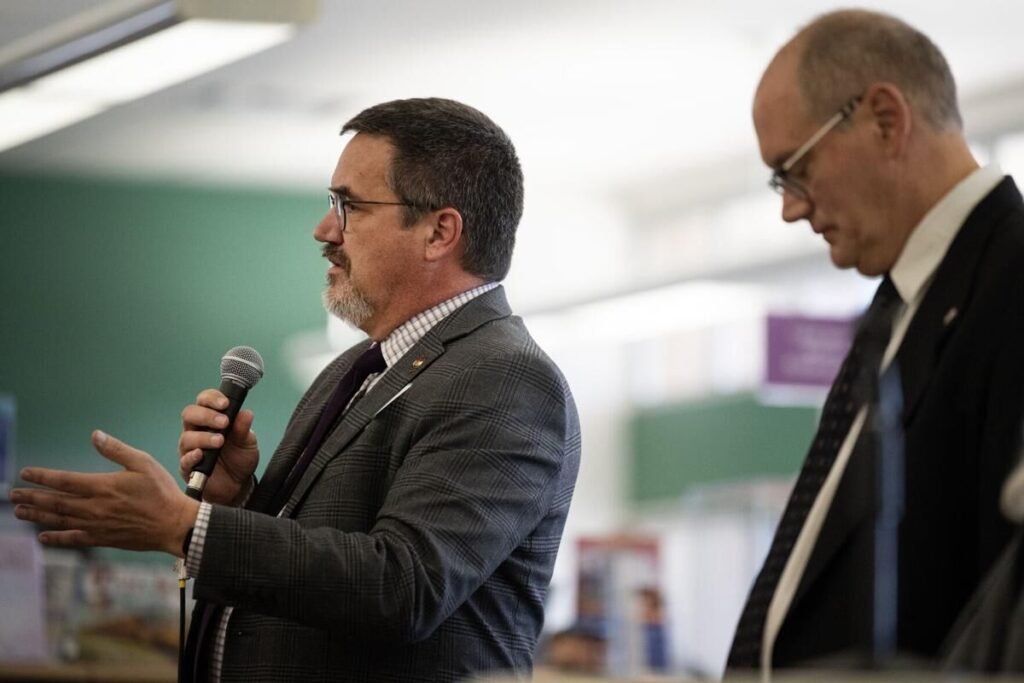Federal judges struggle with backlogs, state Supreme Court holds oral arguments | COURT CRAWL
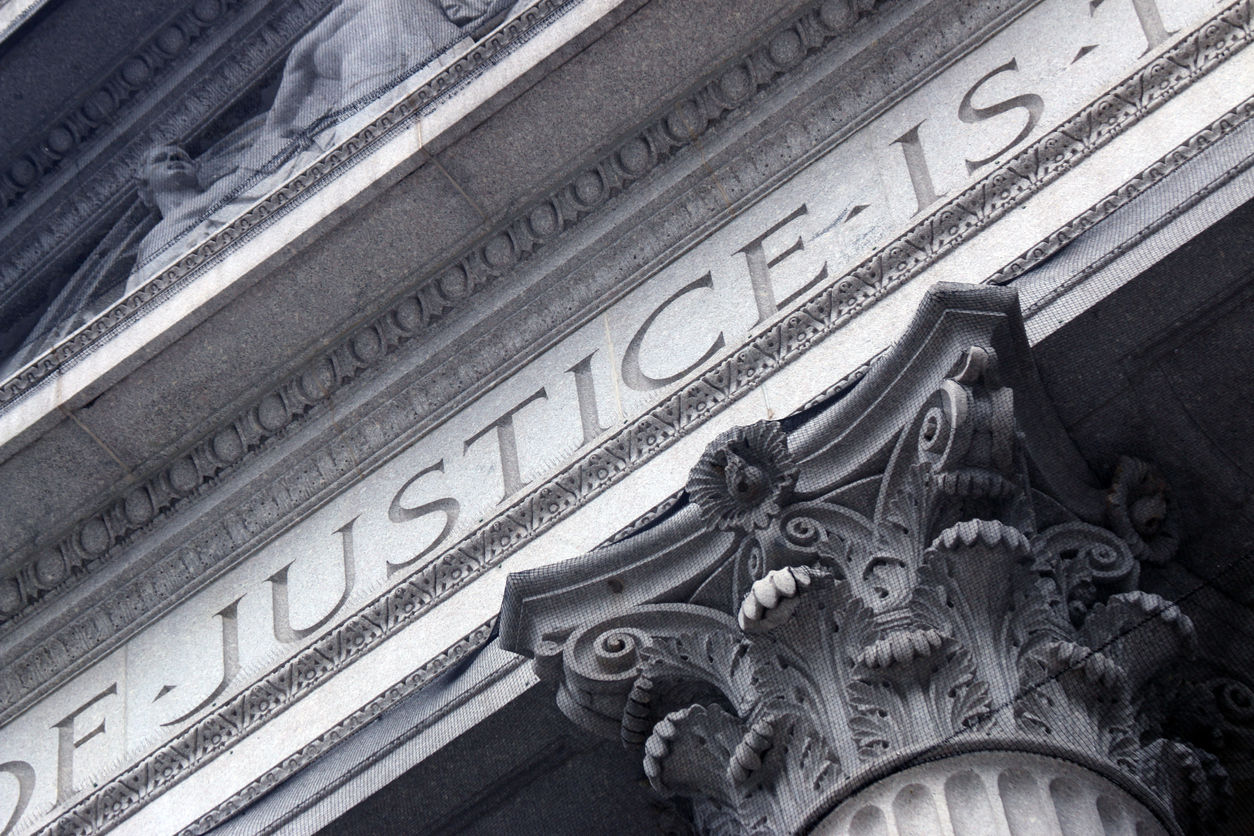
Welcome to Court Crawl, Colorado Politics’ roundup of news from the third branch of government.
Some of the more senior judges on Colorado’s federal trial court are struggling to issue timely decisions, while the state Supreme Court recently ventured out into the community to hold oral arguments.
The six-month motions list
? More than three decades ago, then-U.S. Sen. Joe Biden sponsored a key piece of legislation aimed at reducing delays in the federal courts’ civil caseloads. As enacted, the Civil Justice Reform Act requires the federal judiciary, twice per year, to report the number of motions that are pending longer than six months on district judges’ and magistrate judges’ dockets.
? Although there has been substantial turnover on Colorado’s U.S. District Court in recent years, the newer judges are largely keeping up with business. Instead, it is the longer-serving judges who have the biggest backlogs. In fact, one judge is not only an outlier among his peers in Colorado, but he ranks among the most delayed judges nationwide. Here is an excerpt from Colorado Politics’ cover story:
By his own account, Dan Domenico’s primary interest in 2017 was not in becoming a trial judge.
That year, President Donald Trump nominated Judge Neil M. Gorsuch of Colorado for a seat on the U.S. Supreme Court. His confirmation meant there was a vacancy on the Denver-based U.S. Court of Appeals for the 10th Circuit. Domenico, a former state solicitor general with conservative credentials, wanted to succeed Gorsuch.
“In January 2017, I met with Senator Gardner’s staff. Given the possibility that Judge Gorsuch’s seat would be opening, I noted my interest was for that position,” he wrote in his U.S. Senate Judiciary Committee questionnaire, referring to then-U.S. Sen. Cory Gardner.
Domenico reiterated his interest after Gorsuch’s nomination and also spoke with the administration about it. On April 10, Domenico said he attended a reception for Gorsuch’s swearing-in to the Supreme Court. Three days later, Gardner called him to “explain that the White House was planning to recommend” that Trump nominate him to the U.S. District Court instead.
Once he took the bench in 2019, Domenico’s list of motions pending longer than six months steadily began to climb. By September 2021, the backlog crossed into triple digits and ballooned to nearly 200 in 2022.

Since then, Domenico has not only been the outlier on Colorado’s trial court, but as of March 31, his backlog was the fourth highest nationwide – out of more than 1,200 district and magistrate judges.
“My personal experience with Judge Domenico has been that when he rules in a case it is a thoughtful and well-reasoned opinion. He is, in my opinion, a very good judge. The problem is, of course, actually getting a timely order,” said an attorney, who lacked client authorization to speak on the record.
Courts in the Community
? As it does in the spring and the fall, the Colorado Supreme Court, through its Courts in the Community initiative, traveled outside of downtown Denver to hold oral arguments in real cases in front of a student audience. This time, the justices went to Gateway High School in Aurora. Several people in the audience were mock trial participants, and the justices encouraged them to pursue a law career if they wanted to “change the world.”
? The cases the court heard featured a slip-and-fall accident in a Jefferson County parking garage, raising the question of whether the garage was a “building” and whether the installation of the hazard was attributable to “maintenance.” The justices also considered whether a bicycle thief who crashed into his victim’s car after the victim gave chase is responsible for paying for the damage.

Also at the Supreme Court
? A divided court issued a narrow ruling on a novel subject: Whether police acted lawfully by identifying a group of teenage arsonists in Denver through their Google searches. The Supreme Court’s majority upheld the tactic, while cautioning that judges would be on alert for “dystopian problems” that emerge.
? An Arapahoe County judge had been setting his own deadlines for receiving blood alcohol test results in DUI cases and enforcing them if the state lab didn’t process the samples in time. The Supreme Court said sanctioning the prosecution for slow test results isn’t the right procedure.
? In what one lawyer described as an “absolute power shift,” the Supreme Court scrapped its longstanding doctrine that prevented many local governments from suing the state, opting instead to let localities play by the same rules as other litigants.
? The Supreme Court is considering whether to make it easier for homeowners to file damage claims beyond their insurance policy’s deadline, which would shift the burden to insurers for showing why the late claims shouldn’t move forward.
? Do local governments give up their broad immunity from being sued when they enter into contracts – meaning they can now be sued for breach of contract? Colorado’s justices appeared skeptical of that theory.
? Members of the Supreme Court seemed to think that at some point, it becomes unreasonable for law firms to charge departing attorneys for each client they take with them.
Heard on appeal
? In an apparent first-of-its-kind case, the state’s Court of Appeals decided the victim of an attempted murder can’t use Colorado’s 2020 police accountability law to claim the Huerfano County sheriff violated his constitutional rights by botching the investigation.
? The Court of Appeals reversed a defendant’s criminal convictions in Adams County because the judge used an improper analogy to describe the concept of reasonable doubt. Just like the last time. And the last time. And the last time. And the last time. And the last time. And the last time. And the last time. And the last time. And the last time. And the last time.
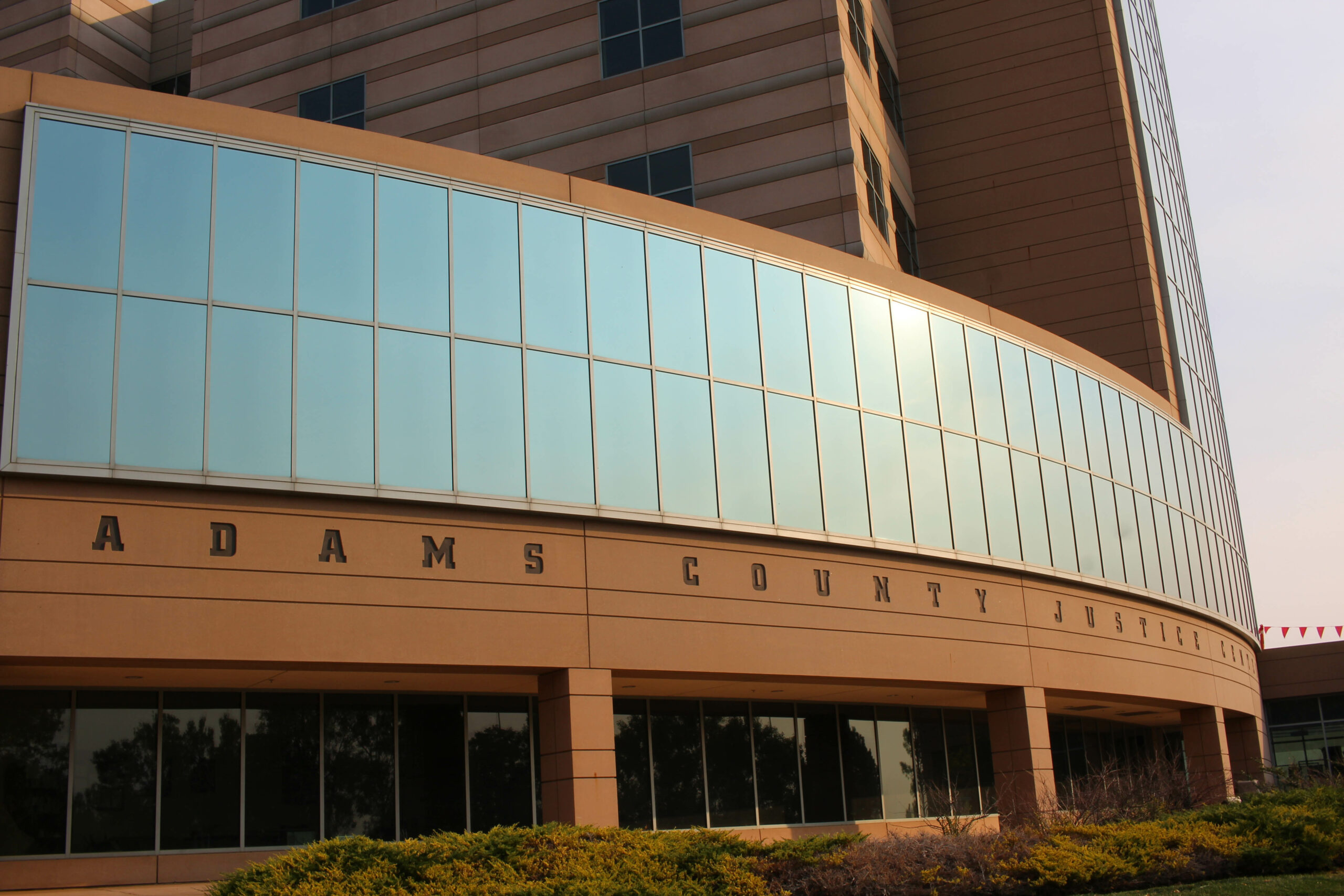
? An expert witness essentially testified the victim in a sex assault case was telling the truth, despite having no background with the specific details. The Court of Appeals reversed the defendant’s convictions.
? A judge on the Court of Appeals asked lawmakers to reconsider whether they really wanted the state’s careless driving law to prohibit separate sentences for each injured victim, as it currently does.
? Colorado’s laws against child pimping and patronizing a prostituted child didn’t unconstitutionally criminalize identical conduct, the Court of Appeals decided.
In federal news
? Two local officials in the town of Calhan voted to impose restrictions on new recreational vehicle parks, but exempted their own family’s existing facility. The U.S. Court of Appeals for the 10th Circuit concluded the men were immune from an antitrust claim under federal law.
? The 10th Circuit rebuffed three Vail Resorts employees who sought to block the ski conglomerate from finalizing a wage theft settlement currently making its way through California state courts.
? Even though the tips were old and the evidence was circumstantial, the 10th Circuit upheld probation officers’ search of a man’s home and his subsequent conviction for illegally possessing a gun.
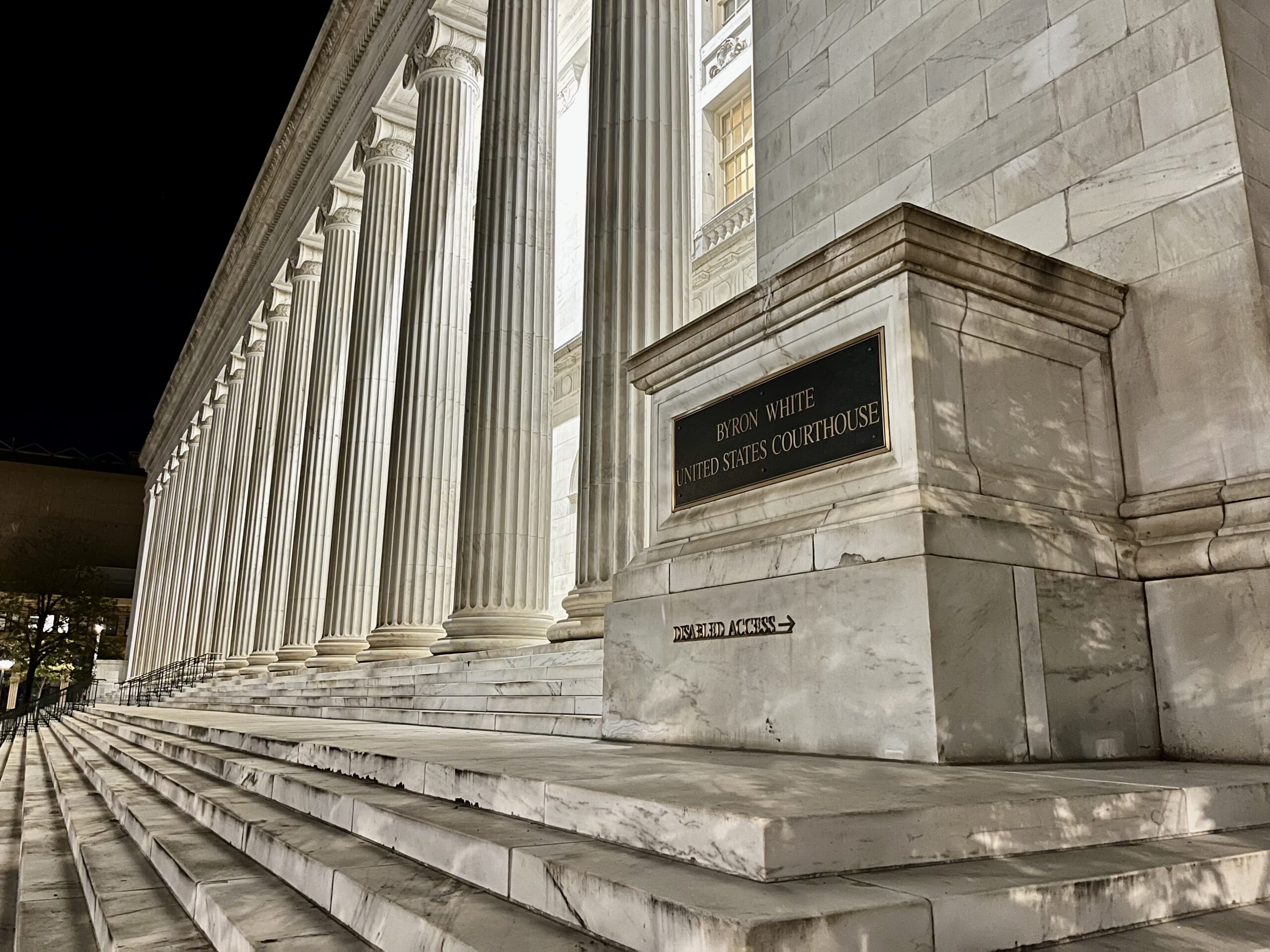
michael.karlik@coloradopolitics.com
? A federal judge blocked Colorado from taking action against a Christian preschool that is receiving public money but not abiding by the state’s nondiscrimination rules.
? A federal judge (the same one who decided the preschool case) held a hearing to decide whether Colorado could enforce a new law banning “abortion reversal” treatment against a Catholic health clinic. He ultimately decided no, the state can’t stop the clinic from exercising its religious beliefs, which take the form of giving pregnant patients hormones to counteract the effects of medication abortion.
? Because a jury could decide that two Denver officers weren’t being truthful about a man assaulting them, a judge sent the plaintiff’s excessive force and wrongful arrest claims to trial.
The aesthetics of judicial opinions
? The majority of people who look at judicial opinions are interested in the contents and the ultimate holding. But Joe Fore, a professor at the University of Virginia, specializes in the appearance and formatting of opinions. A poorly laid out opinion, in his view, is not only more difficult to process, but it has the potential to diminish the legitimacy of the courts. Here is an excerpt from his Q&A with Colorado Politics:
Colorado Politics: Certainly, federal circuit court opinions are the product of a lot of care and consideration. But from what you’ve seen, what makes certain circuit court opinions more readable, more attractive and ultimately a better experience for readers?
Joe Fore: One is sheer readability, legibility. What makes it easier to understand the text on the page and what’s being said? The main thing that seems to impact readability is spacing. Where text is in relation to each other, both in terms of spacing around the edges of the page with margins and then between and within lines.
One of the things that seems to impact readability a lot is making sure similar things are next to other similar things. Keeping paragraphs together, keeping lines close together, keeping words close together so a reader’s eye isn’t having trouble jumping from one line to the next or from one word to the next.
That’s where I think some of the problems pop up in judicial opinions. Random bits of white space within and between lines and paragraphs. Fonts can impact readability, but I think that’s exaggerated a little bit. Most fonts are pretty readable. …
If you are a court and you’re using a default font choice – “We’re gonna use Times New Roman, double spacing, size 12, because that’s how we’ve always done it” – if that’s your default, you’ve made a choice here. You’ve said, “I’m choosing to make this a normal document.” It’s a little strange to me that we have these circuit courts making these really influential and impactful decisions, and sometimes when you look at words on a page, it’s like something I would have had in a high school English paper.
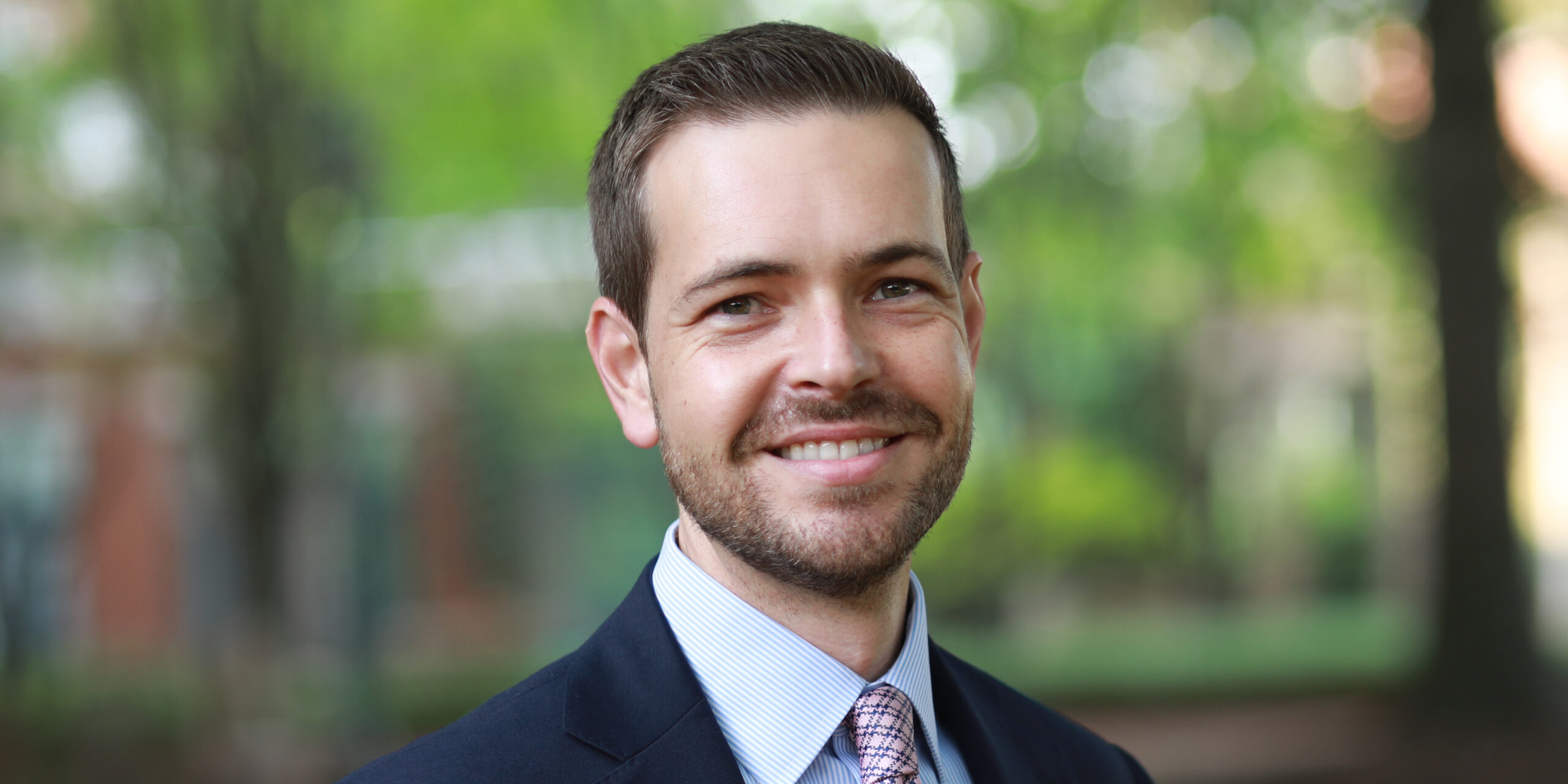
Vacancies and appointments
? The governor has appointed Jon J. Olafson, an adjunct law professor and employment/commercial litigator, to the Denver District Court to succeed retiring Judge Shelley I. Gilman.
? There are six nominees to fill the seats of retiring Court of Appeals Judges John Daniel Dailey and David Furman. Four of the candidates are trial judges: Priscilla J. Loew of the 17th Judicial District (Adams and Broomfield counties), Don J. Toussaint of the 18th Judicial District (Arapahoe, Douglas, Elbert and Lincoln counties), Christopher C. Zenisek of the First Judicial District (Jefferson and Gilpin counties) and Pax Moultrie of the Denver Juvenile Court. Also in the running are Melissa C. Meirink, a staff attorney for the Colorado Supreme Court, and Grant T. Sullivan of the attorney general’s office.
? The governor has a significant opportunity to change the demographics of the 22-member Court of Appeals. He could use both slots to appoint Black judges, given that the appellate court has lacked any Black members for several years. He could appoint two women, bringing the court close to gender parity. Or he could add two more trial judges to a bench where people with trial court experience are in the minority.
? Applications are due by Nov. 9 to succeed retiring Chief Judge Don Quick in the 17th Judicial District (Adams and Broomfield counties). The governor will appoint Quick’s successor on the bench, while the chief justice will select the new top judge from among the court’s members.
Miscellaneous proceedings
? This week, Denver District Court Judge Sarah B. Wallace will hold a multiday hearing in a high-profile case of national consequence: Whether Donald Trump should be disqualified from Colorado’s 2024 presidential ballot because of his role allegedly stoking an insurrection on Jan. 6, 2021. Colorado Politics will be covering the proceedings.
? Last week, the Colorado Judicial Institute bestowed its “Judicial Excellence Awards” on three members of the bench: retired District Court Judge James Berkley Boyd of the 9th Judicial District (Garfield, Pitkin and Rio Blanco counties), Adams County Court Judge Mariana Vielma, and Denver Magistrate Karen Hubler. Colorado Politics’ parent company was a financial sponsor of the awards ceremony.






